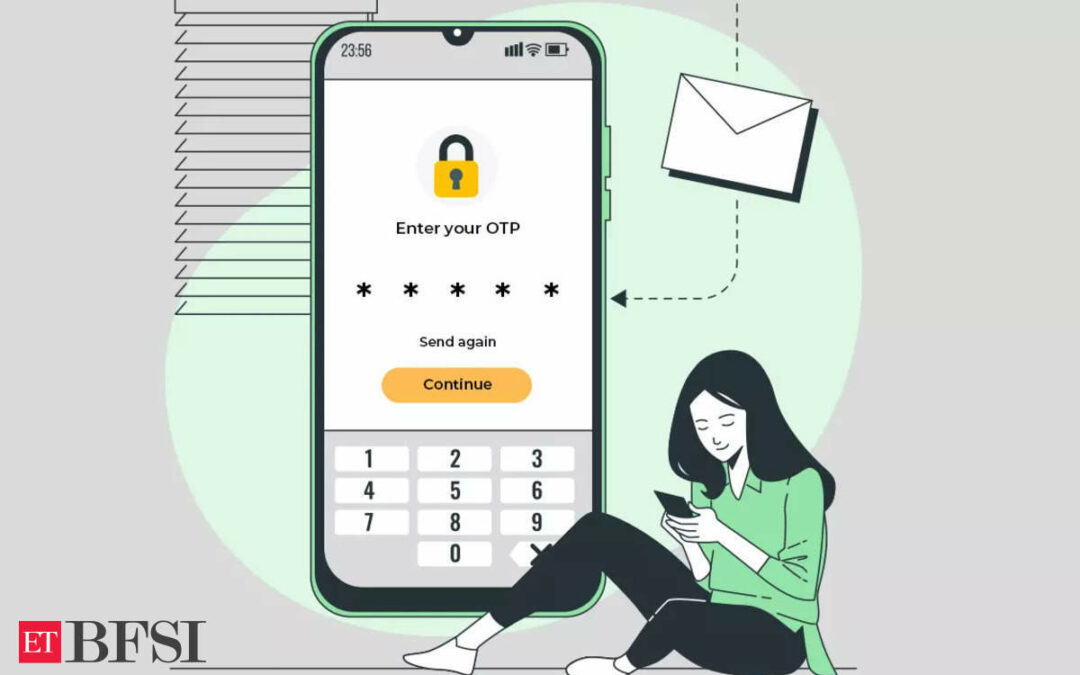India is facing a growing wave of financial fraud, according to a recent data by Reserve Bank of India (RBI). Even with various safeguards in place, scammers continue to trick individuals into revealing personal information, leading to substantial financial losses. Among the rising threats, One-Time Password (OTP) scams have become particularly prevalent. In order to help citizens not fall for such scams and curb financial losses, the government’s cyber agency Cert-In has provided a ‘safety tip’ for all mobile users and prepared a list of ‘best practices’.
Fraudsters employ increasingly sophisticated tactics to deceive unsuspecting individuals and gain unauthorised access to their bank accounts, digital wallets and other sensitive information. These scams often involve impersonating bank officials, e-commerce platforms, or even government agencies to trick victims into revealing their OTPs.
What tactics fraudsters use to scam people
Fraudsters usually send deceptive emails or SMS messages containing links to fake websites or forms that mimic legitimate platforms. Unsuspecting victims enter their personal information, including OTPs, which are then used to gain access to their accounts.
Sometimes scammers use psychological manipulation to build trust and extract OTPs from victims. They may pose as customer service representatives, offer enticing deals, or create a sense of urgency to pressure individuals into divulging their OTPs.
There may be times when fraudsters install malicious software on victims’ devices through phishing links or compromised apps. This software can then intercept OTPs sent via SMS or other messaging services.
What the government has to say
“Safety tip of the day: Beware of OTP frauds,” Cert-In said in a post on X.
— IndianCERT (@IndianCERT)
It also shared a list of ‘Best Practices’
- Beware of calls looking similar to the toll-free number of any bank or authorised company.
- Do not share any personal information like credit/ debit card details, CV, OTP, Account no., date of birth, expiry date of debit/credit cards etc. to unknown persons over phone/online.
- Always visit the official website of the bank or any authorised company and verify the number from which the call/ SMS has been received.
- Do not share OTP on phone calls, emails, and SMS for the sake of cashbacks or reward points or any such offers etc.










